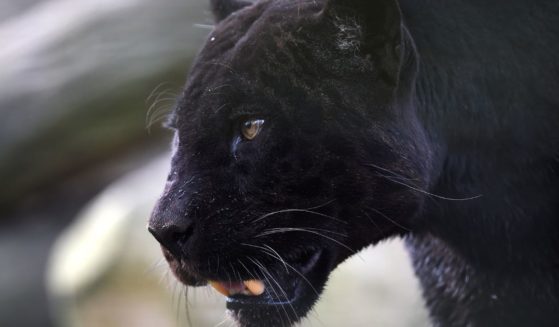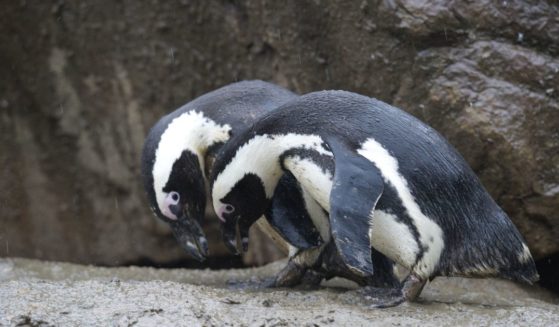Cyclones And Hurricanes Increase Risk Of Forest Fires

Cyclones and hurricanes make the land they ravage more vulnerable to forest fires, according to a new study.
Scientists say fires will begin raging in unpredictable places as the climate warms.
Rainforests are wet by definition, which makes them resistant to flames, but when they are destroyed by cyclones, and they dry out, fire can begin to spread.
For fires to start fuel needs to burn, the micro-climate must be dry enough and there must be a source of ignition.
Cyclones can affect all of these.
The intense storms originate in the South Pacific and Indian Oceans, and like hurricanes, they unleash gale-force winds, heavy rains.

With speeds of up to 124 miles per hour, they can do huge damage and cause forest fire. When fast winds blow, they bring down huge numbers of trees, leaves, branches and logs which make great fuel for a fire.
Wind brings more light into the undergrowth which can promote the growth of grasses and bushes that also make good fuel.
All these things damage forest canopies that provide shade from the sun and locks the forest in moisture. When the canopy is opened, it makes the undergrowth drier.
Cyclones also indirectly increase the risk of human ignition by turning forests into promising places to farm. This is particularly likely where people depend on slash-and-burn farming or forest resources for their livelihoods.
After cyclones, damaged forests can be burned to make ash beds for planting new crops, as well as for easier access to forest resources.
Lead study author Dr. Thomas Ibanez said: “Of course, fire cannot directly affect the likelihood of cyclones, because the cyclones originate from oceans, but they can affect the response of the ecosystem to cyclones.”
“If you have a fire, it can make the trees weaker to resist cyclone winds, or it can kill trees and promote the regrowth of trees that are less resistant to cyclones.”
In some areas which have historically had many fires and cyclones, these events are a natural way of maintaining the land.
Dr. Ibanez, from the French National Research Institute for Sustainable Development, continued: “In cyclone-prone regions, there are also ecosystems that are adapted to frequent cyclones and fires, and interactions between these disturbances actually maintain original and species-rich ecosystems.
“In these ecosystems, human activities that reduce fire, such as land use change and fire suppression, can threaten the stability of the ecosystem and cause biodiversity loss.”

As climate change raises the risk of catastrophic weather events and temperatures continue to rise, the storms are expected to reach places they have not in the past.
“We would like to better understand how this phenomenon varies by location. We could then predict, which places would be more likely to be affected by these changes.”
“An important component of global change is that ecosystems do not face just one disturbance, but a mix of several disturbances, and the interaction between new disturbances can result in unexpected effects, said Dr. Ibanez.”
The findings were published in the journal Trends in Plant Science.
Produced in association with SWNS Talker.
The Western Journal has not reviewed this story prior to publication. Therefore, it may not meet our normal editorial standards. It is provided to our readers as a service from The Western Journal.
Truth and Accuracy
We are committed to truth and accuracy in all of our journalism. Read our editorial standards.












